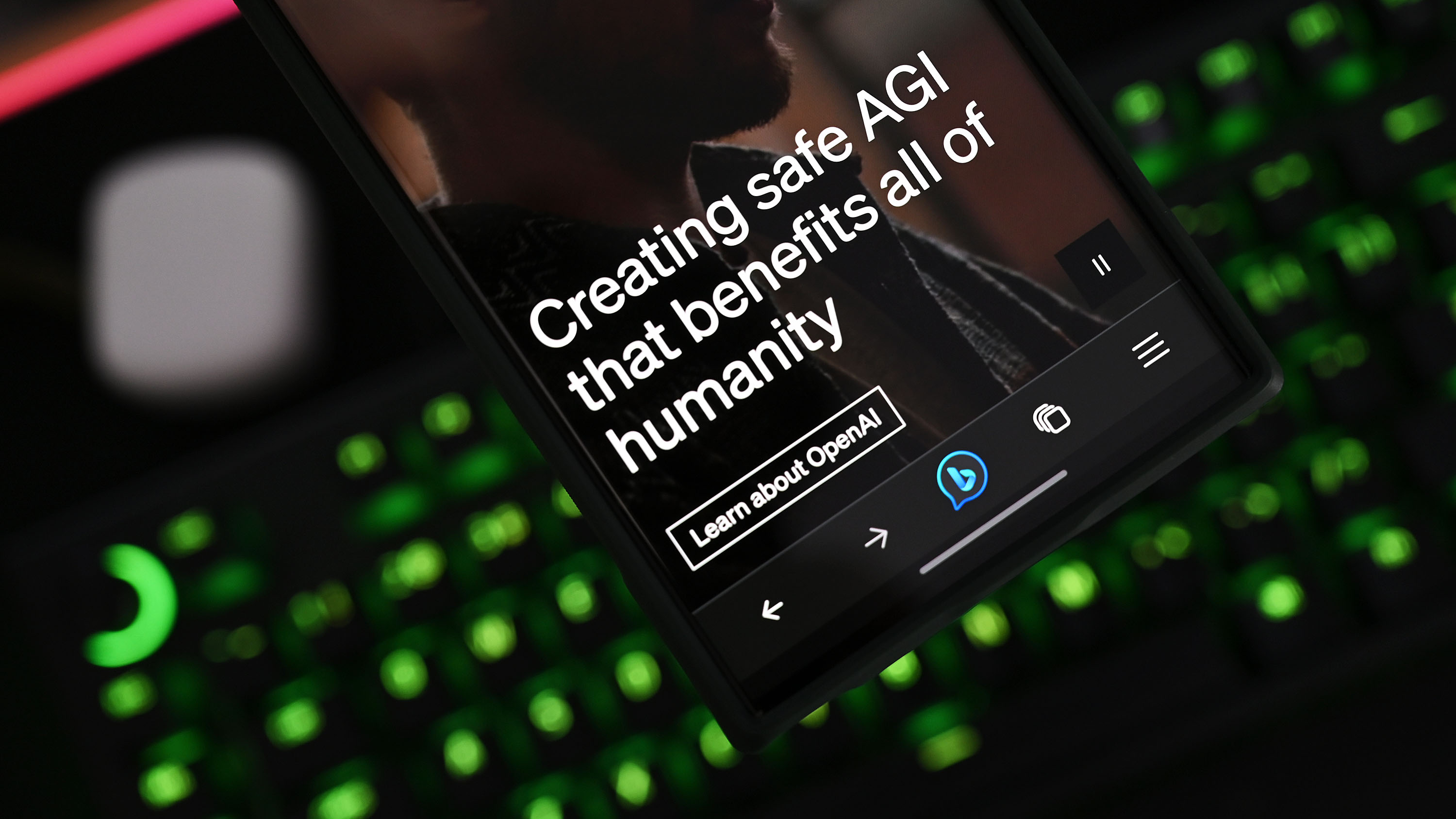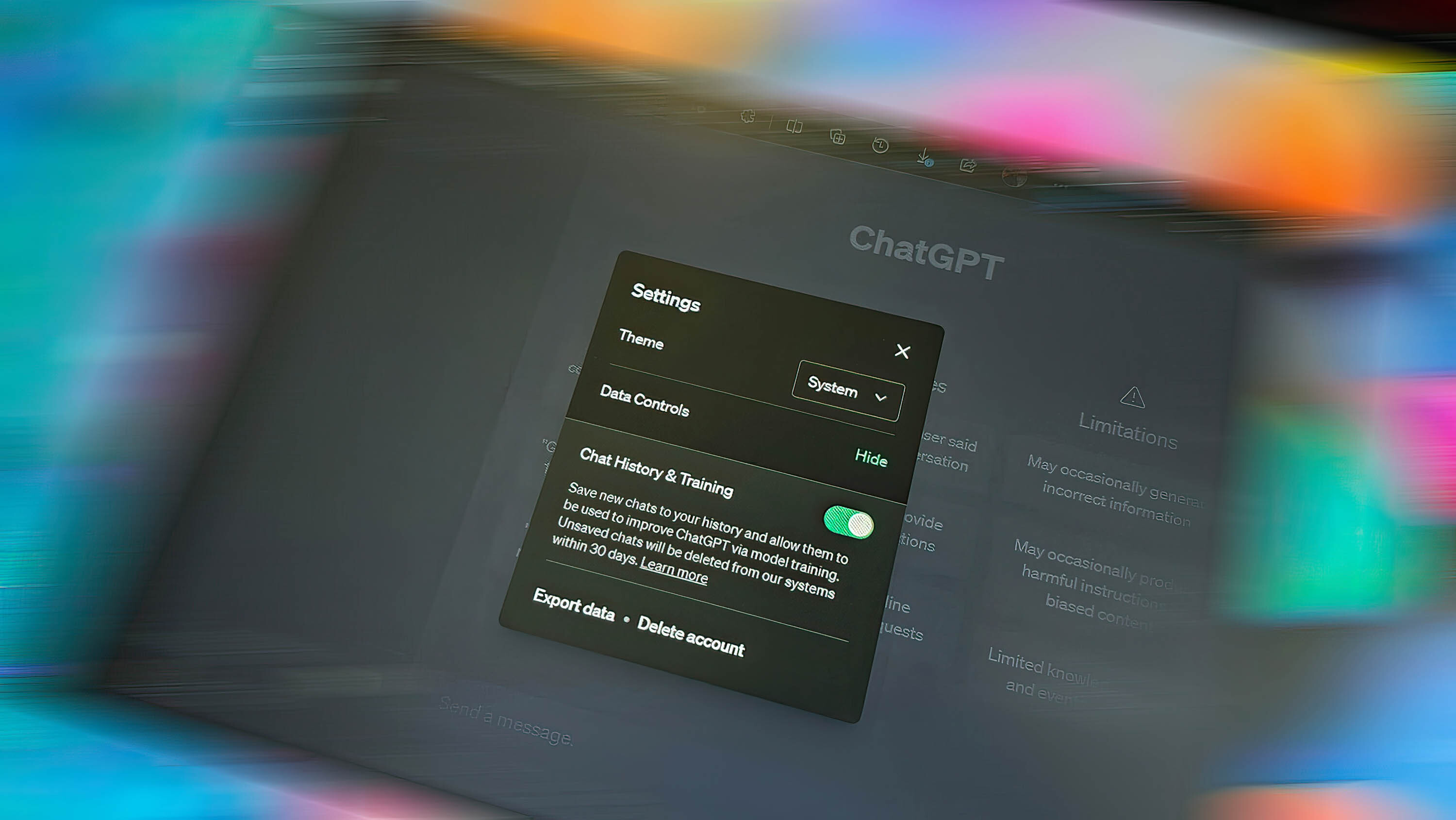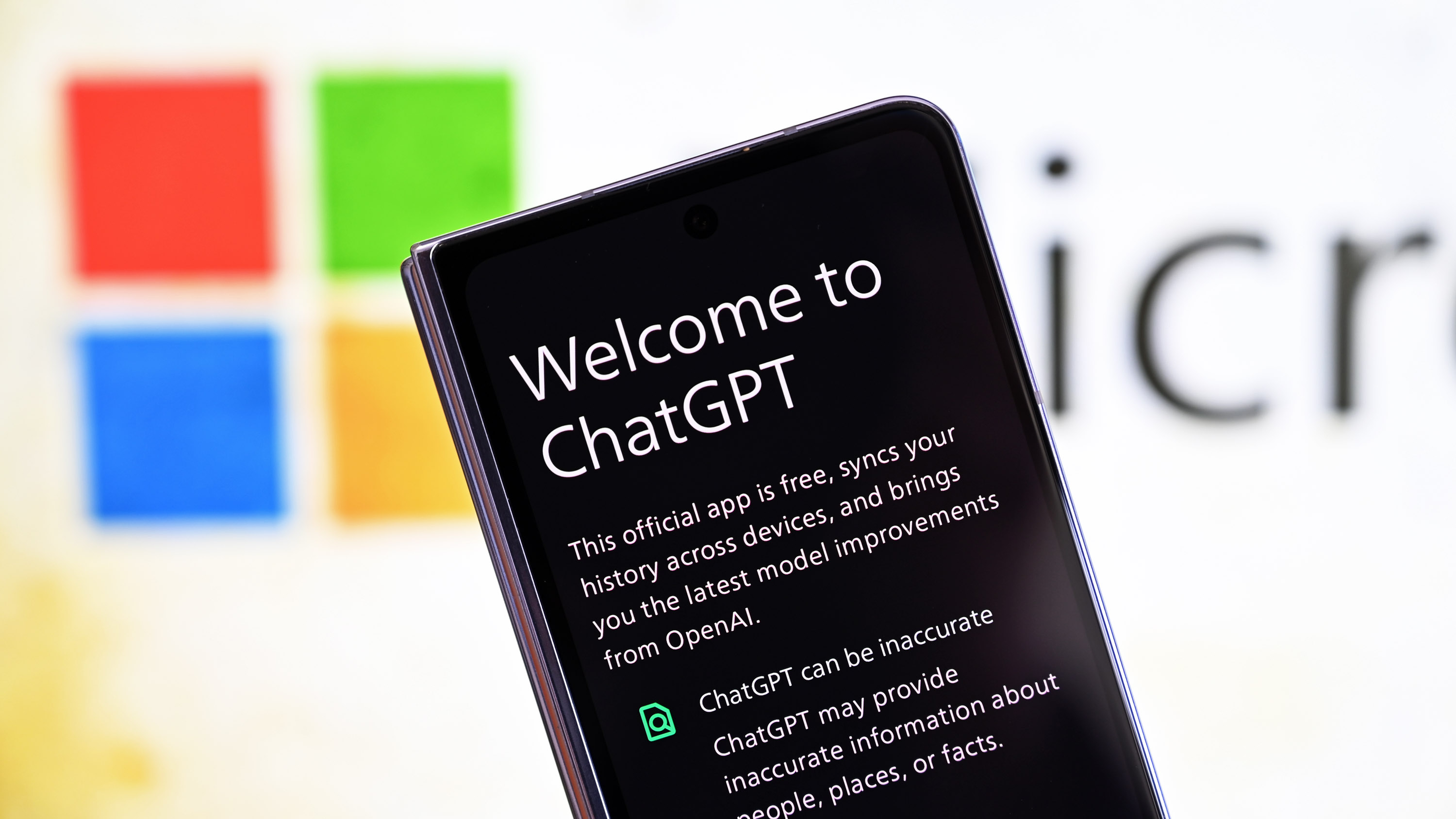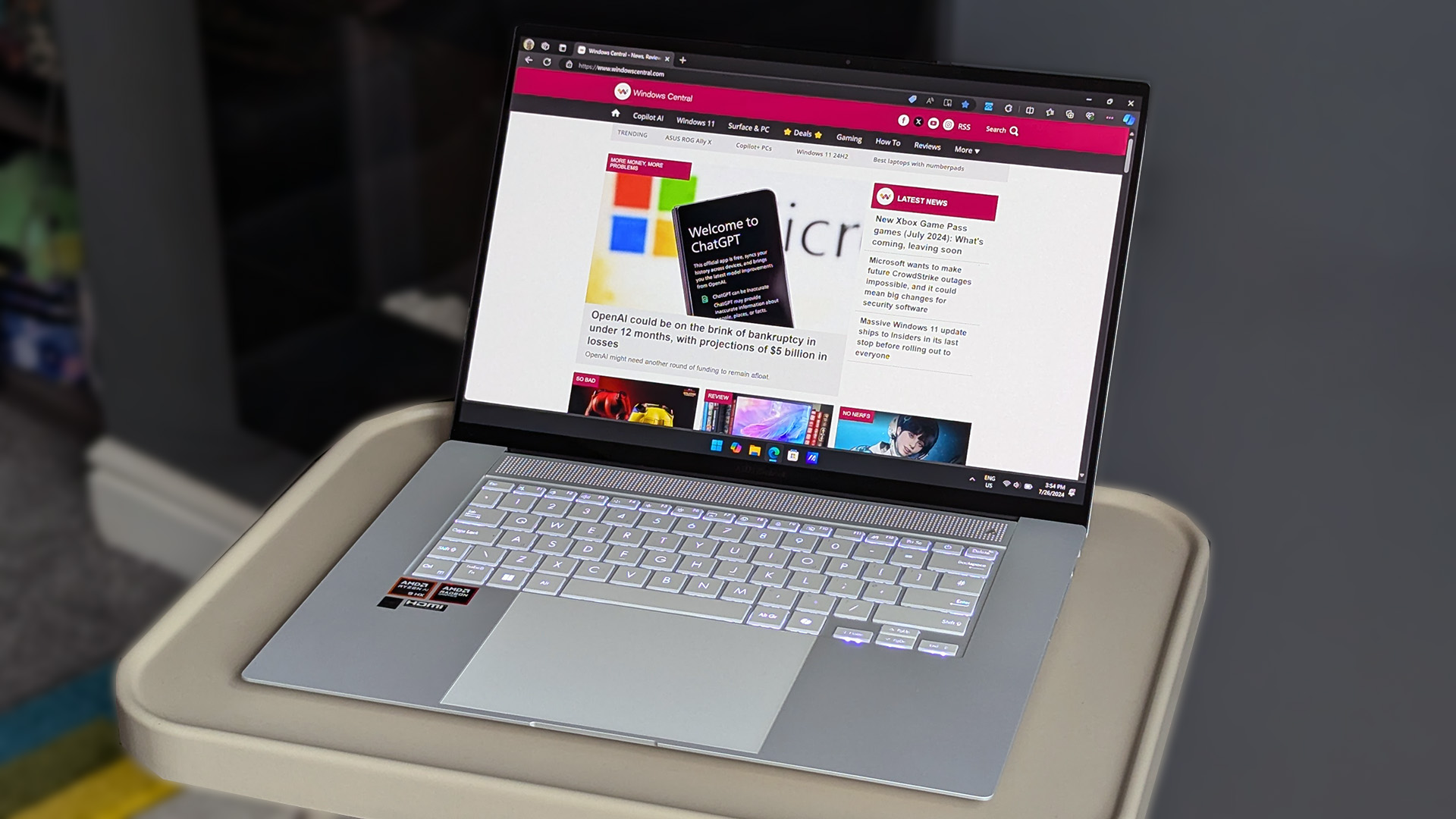OpenAI CEO Sam Altman suggests GPT-5 may work like a 'virtual brain' with deeper thinking capabilities, demystifying it from the "mildly embarrassing at best GPT-4"
GPT-5 may ship with deeper thinking capabilities compared to its predecessors, functioning like a 'virtual brain.'

All the latest news, reviews, and guides for Windows and Xbox diehards.
You are now subscribed
Your newsletter sign-up was successful
What you need to know
- OpenAI CEO Sam Altman recently suggested that GPT-5 may work like a virtual brain.
- The AI-powered model will reportedly spot deeper thinking capabilities, allowing it to handle complex tasks better compared to its predecessors.
- Altman disclosed the model might ship under a different, but "very special" name, touting its advanced capabilities.
Over the past few months, reports surfacing online have touted a "really good, like materially better" GPT-5 model compared to the "mildly embarrassing at best" GPT-4 model. OpenAI CEO Sam Altman has even promised with "a high degree of scientific certainty" GPT-5 will be smarter.
While there's no ETA for when OpenAI might potentially ship the smarter-than-GPT-4 model, the hot startup has made significant strides toward improving the performance of its models.
For instance, its new flagship GPT-4o model is incredibly great at coding to the extent of threatening its viability as a career option for the youth. Did you happen to catch OpenAI's demo where a blind GPT-4o had a human-like conversation with a "seeing" GPT-4o model? Bonkers!
As it now seems, OpenAI's GPT-4o successor might be superior in every sense of the word compared to previous models. In an interview with the Director and GM of Redpoint, Logan Bartlett, OpenAI CEO Sam Altman shed a little bit of light on future developments and advances mapped out for GPT-5 (via Gizchina).
Could there be a base model like a ‘virtual brain’ that might exhibit deeper ‘thinking’ capabilities in some cases? Or we might explore different models, but the user might not care about the differences between them. So I think we’re still exploring how to bring these products to market.
OpenAI CEO, Sam Altman
The idea of an AI-powered model functioning like a "virtual brain" suggests that it might be better, faster, and more efficient at handling tasks compared to its predecessors.
Sam Altman also indicated that the new model (GPT-5) might get a different/special name when it ships. He centered this around its 'unique' capabilities, stacking miles ahead of the relatively traditional GPT-1 to GPT-4.
OpenAI is a household name for AI in the world
Sam Altman has "forever cemented OpenAI as the defacto name when anyone in the world thinks of “AI” & turned every single OpenAI weakness into a strength—the only guy that could make Google dance & be put in a massively uncomfortable position," indicated a former OpenAI executive while announcing their departure from the hot startup. "Absolutely incredible execution."
All the latest news, reviews, and guides for Windows and Xbox diehards.
OpenAI is in top form majorly because of its strategic partnerships with two of the world's most valuable companies — Microsoft and OpenAI, with the former recently displacing the latter with over $3 trillion in market capitalization. Market analysts attribute the success witnessed to its early investment and adoption of OpenAI's technology across its products and services, as reiterated by Microsoft CEO Satya Nadella during the company's recent earnings call.
The ChatGPT maker just unveiled its 'magical' GPT-4o model at its Spring Update event last week, spotting reasoning capabilities across audio, vision, and text in real-time, making interactions with ChatGPT more intuitive.
Prior to the announcement, speculations suggested OpenAI was gearing up to launch GPT-5 or a search engine to compete with Google and Bing. However, Sam Altman confirmed that OpenAI wasn't going to launch GPT-5 or a new search engine, but he stated that the team has been hard at work as the new products felt like magic to him.
Reports surfacing online suggest that OpenAI is actively poaching Google's staff to help build and develop its AI-powered search engine, perhaps one of the main reasons why the company decided to place its launch on the back burner.
But there are critical issues
Barely a week into GPT-4o's launch, several top OpenAI executives announced their departure from the firm. Most of them provided vague explanations explaining their sudden exit from the hot startup, some being as simple as "I have resigned from @OpenAI."
Consequently, this raised concern among the general public, especially after Jan Leike, OpenAI's Head of alignment announced his departure citing disagreements with OpenAI's leadership over its core priorities on next the generations of models, security, monitoring, preparedness, and more.
"Building smarter-than-human machines is an inherently dangerous endeavor," Jan stated. However, OpenAI has seemingly shown laxity in its safety culture practices, prioritizing "shiny products."
The pitch silence from top executives leaving the firm prompted some people to speculate that OpenAI had compelled them to sign NDAs, thus preventing them from criticizing the company's ventures and operations or running the risk of losing their vested equity. However, Sam Altman stated:
"There was a provision about potential equity cancellation in our previous exit docs; although we never clawed anything back, it should never have been something we had in any documents or communication."
In a joint statement, Sam Altman and Greg Brockman admitted there's no proven playbook for how to navigate the path to AGI, while its alignment team imploded. Sam Altman has previously admitted that there's no big red button to stop the progression of AI, amid masses of reports indicating that we're on the verge of the biggest technology revolution with AI, though there won't be enough power by 2025 and it might potentially lead to inevitable doom ending humanity.
On the regulation front, Sam Altman recommends the installation of an "international agency" that ensures the safety testing of AI advances and regulates them like airlines to prevent global harm to humanity.

Kevin Okemwa is a seasoned tech journalist based in Nairobi, Kenya with lots of experience covering the latest trends and developments in the industry at Windows Central. With a passion for innovation and a keen eye for detail, he has written for leading publications such as OnMSFT, MakeUseOf, and Windows Report, providing insightful analysis and breaking news on everything revolving around the Microsoft ecosystem. While AFK and not busy following the ever-emerging trends in tech, you can find him exploring the world or listening to music.


